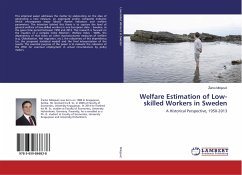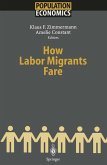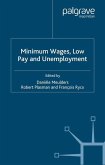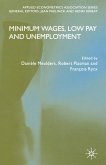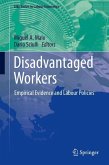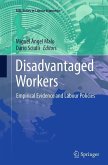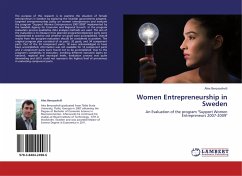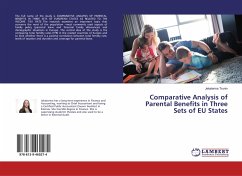This empirical paper addresses the matter by elaborating on the idea of generating a new measure, an aggregate and/or composite indicator which encompasses major labour market indicators and welfare parameters. The intention behind this thesis is to capture the level of general welfare of low-skilled workers in one European state - Sweden, at the given time period between 1950 and 2013. This research is focused on the creation of a complex index (Workers` Welfare Index - WWI), the dependency of that index on other macroeconomic measures of welfare (e.g. Globalization, Net migration, etc.), the robustness of this dependency (i.e. the proposed statistical model) and the final interpretation of the results. The essential purpose of the paper is to evaluate the relevance of the WWI for eventual employment in actual circumstances by policy makers.
Bitte wählen Sie Ihr Anliegen aus.
Rechnungen
Retourenschein anfordern
Bestellstatus
Storno

